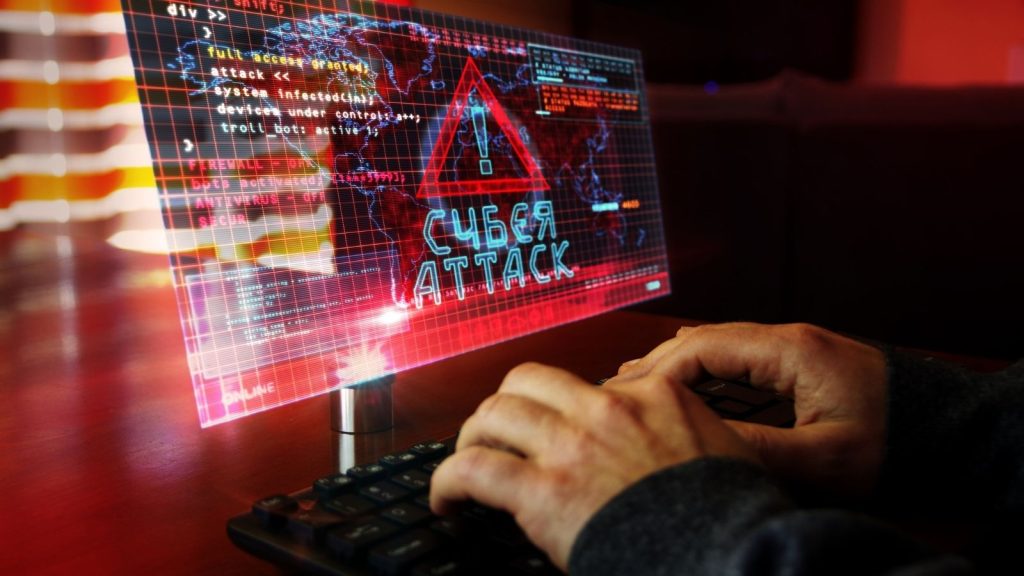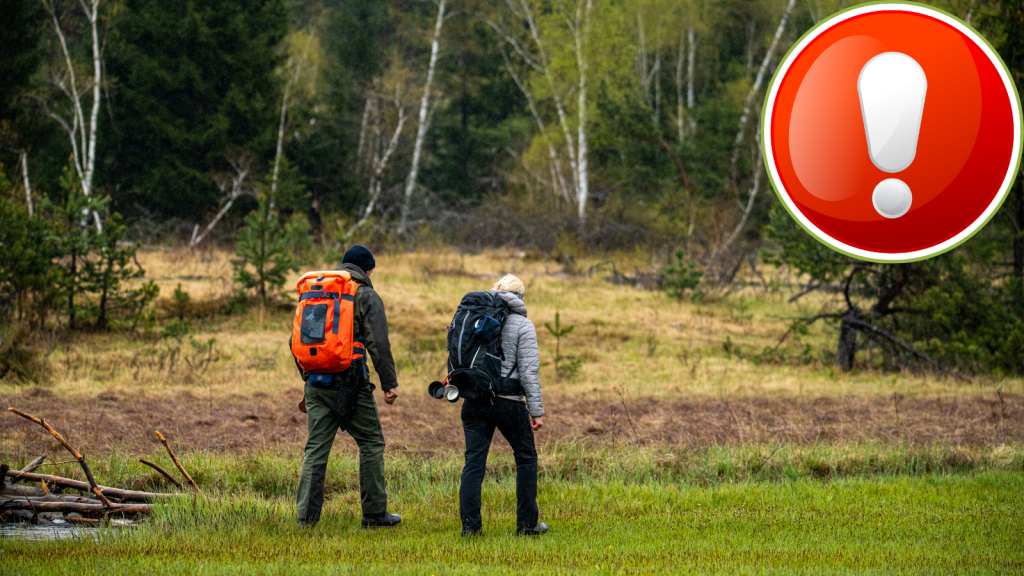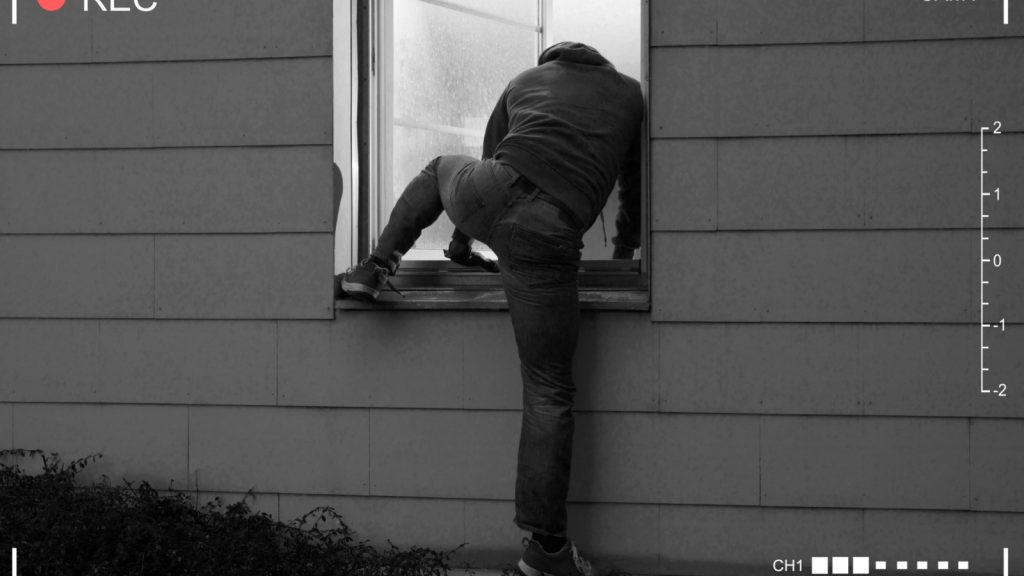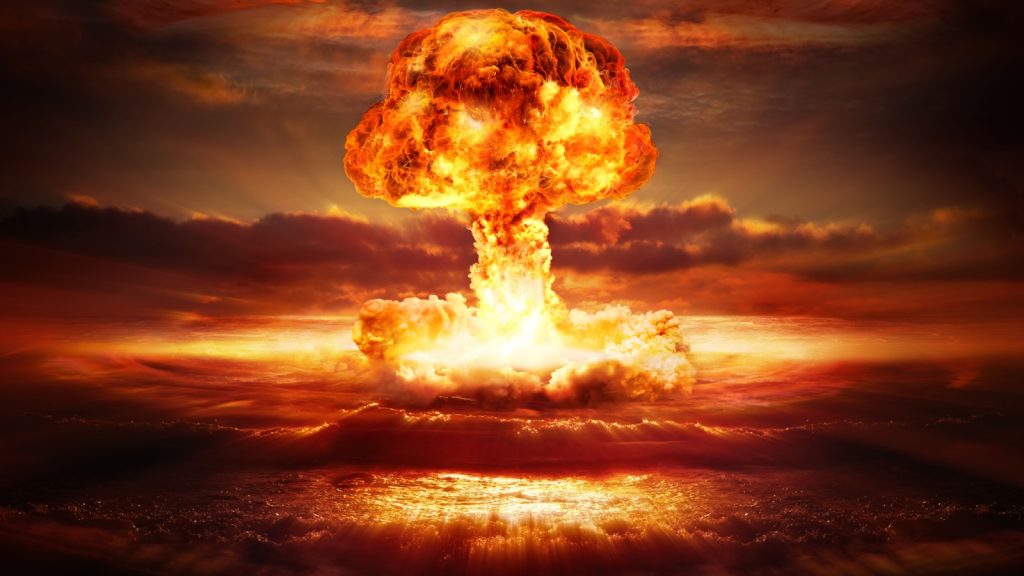Preppers often get dismissed as alarmists, partly thanks to TV stereotypes or that one overly zealous relative. But let’s be honest—recent events have shown us that their preparation wasn’t paranoia; it was foresight. Maybe they were onto something after all.
You know those moments when preppers turned out to be right on the money? From empty store shelves to massive power outages, the folks who stayed ready weren’t just lucky—they were listening to the warning signs that many of us missed. They weren’t fortune tellers; they just paid attention and took action while others hoped for the best.
Looking back, it’s easy to see how their “what if” planning paid off. But here’s the really interesting part: their wins weren’t about having a bunker full of supplies. It was about understanding how our modern world can be more fragile than we think, and taking sensible steps to be ready for bumps in the road.
Let’s look at some eye-opening times when preppers saw what was coming—and how their foresight made all the difference. Whether you’re skeptical about prepping or just curious, these real-world examples might change how you think about being prepared.

Food Supply Chain Crises
When the pandemic hit, panic buying left supermarket shelves bare. Preppers, who had long warned of supply chain vulnerabilities, were ready with stocked pantries and essentials. They also knew which items to prioritize, avoiding waste and focusing on shelf-stable, nutrient-dense foods.
Political Unrest Boiling Over
Protests, riots, and political upheaval have flared up around the world, from the Arab Spring to the unrest in 2020. Preppers knew that societal stability could be fragile and took steps to protect their families and homes before tensions reached a boiling point. They also maintained situational awareness, staying informed through independent sources rather than relying solely on mainstream media.
Economic Divides Fueling Unrest
The growing gap between rich and poor is no secret, and preppers had long warned it could lead to serious unrest. Recent events have proven them right, with social tensions rising alongside economic inequality. They also emphasized the value of bartering and local community networks to mitigate the effects of economic strife.
More Extreme Weather Events
Wildfires, floods, hurricanes—extreme weather is no longer an occasional headline; it’s a regular reality. Preppers had been saying for years that climate patterns were shifting. They also adapted by designing safer homes, planting drought-resistant crops, and keeping go-bags ready for rapid evacuation.
The Rise in Home Invasions
As home invasions rose in many areas, preppers’ focus on home security seemed less excessive and more essential. From security systems to self-defense plans, being prepared for the worst made all the difference. Many are also trained in conflict de-escalation to handle situations without violence whenever possible.
Water Isn’t Always Safe
The Flint water crisis showed the world what preppers already knew: clean water isn’t guaranteed. Whether it’s contamination or shortages, having water filtration systems and backup supplies is more important than ever. Preppers also stored water purification tablets and learned how to identify natural water sources when needed.
Cyberattacks on Critical Systems
Cyberattacks like the WannaCry ransomware and Colonial Pipeline hack sent shockwaves through economies, just as preppers had warned. By securing alternative power sources and offline resources, they avoided the worst of the disruptions. Many also implemented personal cybersecurity measures, like offline backups and encrypted communication tools.
Rising Cost of Living
Inflation and soaring costs have been a strain on many households. Preppers, who had budgeted carefully and stored essentials, managed to ride out these economic storms with less stress. Some even turned to growing their own food and creating energy-efficient homes to cut costs further.
Pandemic Predictions Realized
Years before COVID-19, preppers had been stockpiling masks, medical supplies, and non-perishables, warning of a global pandemic. When the virus hit, they were ready. They also had plans for remote working, homeschooling, and maintaining social connections during extended lockdowns.
James is a former logistics coordinator and wilderness safety instructor, whose practical experience taught him the value of sensible preparedness and calm resilience. Passionate about self-reliance, James teaches everyday skills—like water purification, emergency communication, and outdoor safety—to help people confidently handle life's disruptions without fear or overwhelm. His approachable style combines real-world insights with relatable, personal stories and experiences.



